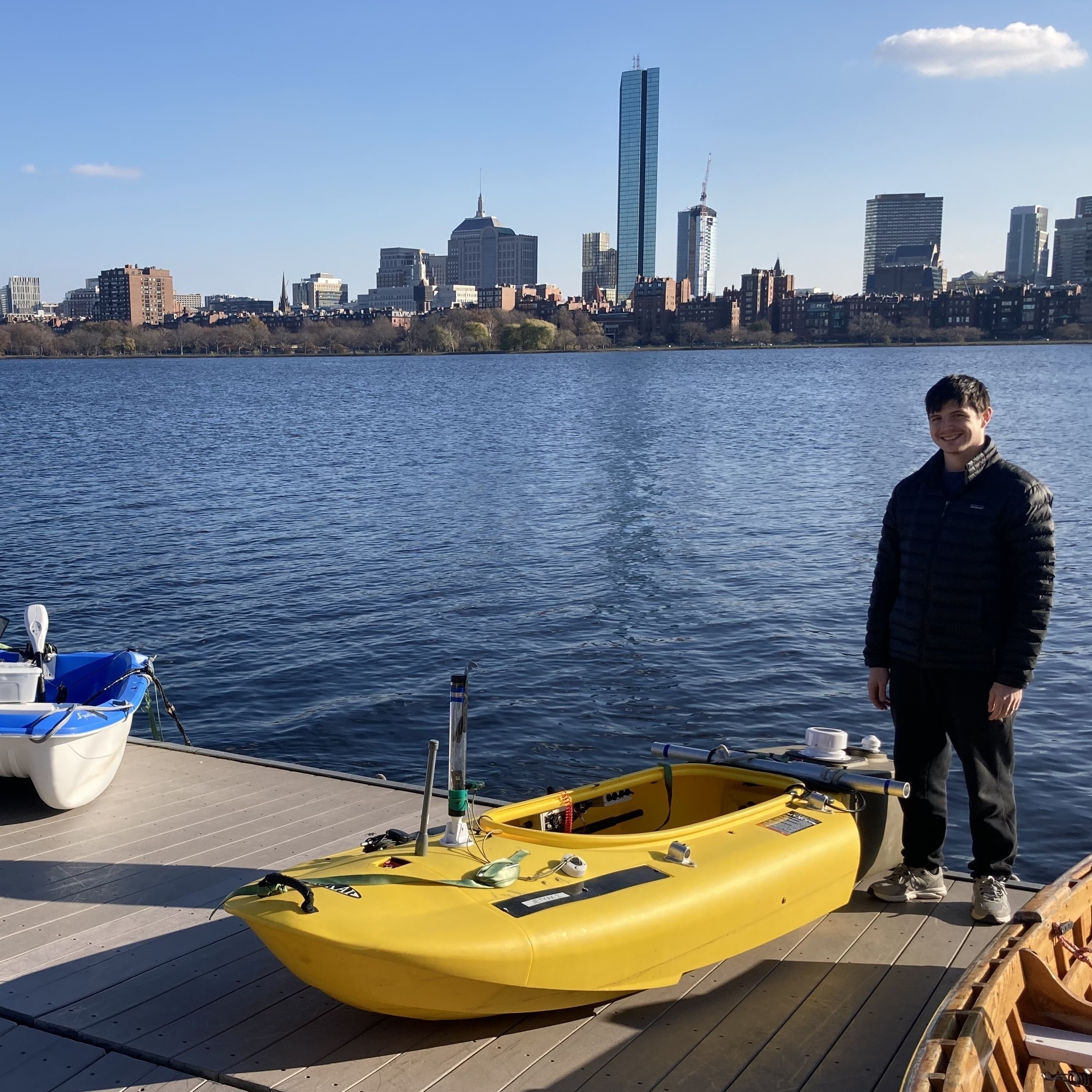Alan Papalia
Robotics | SLAM | Climate
Assistant Professor @ University of Michigan

I am actively recruiting PhD students for the upcoming year. See the information on my Join Us page for how to reach out if you are interested in working with me. I also welcome inquiries from prospective postdocs, and University of Michigan undergrads.
A Bit About Me
I am an (incoming) Assistant Professor to the University of Michigan. I received my PhD in 2025 from the Massachusetts Institute of Technology and the Woods Hole Oceanographic Institution Joint Program, where I was lucky to work with John Leonard. I then spent a year at Northeastern University with Hanu Singh and Michael Everett on a broad set of topics in robot navigation and perception.
My research develops algorithms and systems that enable robots to explore and monitor challenging environments, with a particular focus on underwater environments. We work on the tools that will allow future robots to autonomously study and understand the natural world.
Honors and Awards
- 2025 Robotics: Science and Systems Pioneer
- 2024 Transactions on Robotics King-Sun Fu Best Paper Award
- MathWorks Fellow
- Woods Hole Next Wave Fellow
- Undersea Technology Innovation Scholar
Roadmap for Climate-Relevant Robotics
If you’re interested in the future of robotics and how it can help us understand, mitigate, and adapt to climate change, check out this paper I was lucky to lead with a group of amazing colleagues!